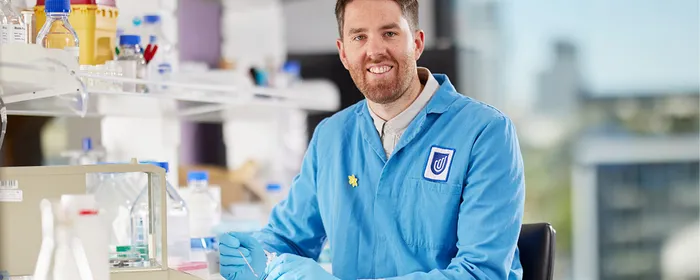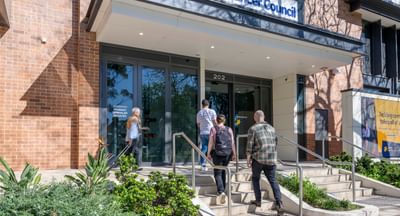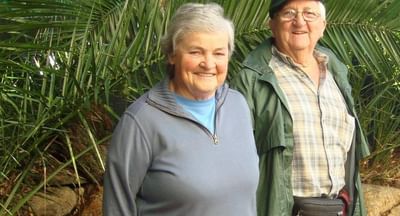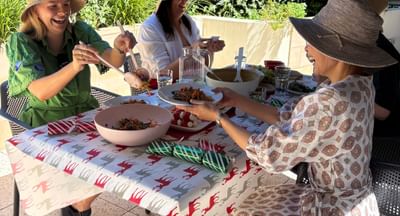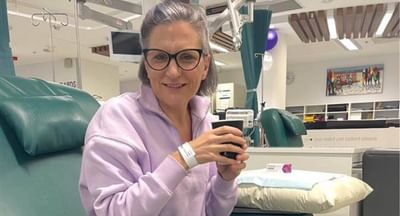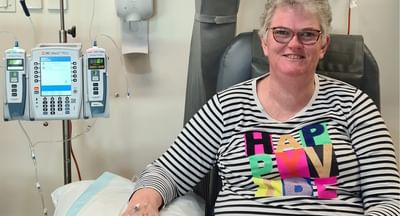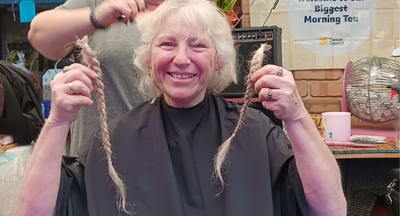Dr Paul Joyce is a Cancer Council SA funded research fellow from the University of South Australia, and he is investigating a new nanomedicine approach which has huge potential to change the side effects of cancer treatment.
What is nanomedicine?
In nanomedicine, tiny particles and tiny drug delivery vehicles are used to better improve the way drugs get to the site of the cancer or tumour and kill the cancer. The treatment will go directly to the site and not impact the rest of the body.
Why is this research important?
Dr Joyce is developing a new type of nanoparticle, called lipid nanoparticles, to deliver chemotherapy drugs. These tiny particles are ‘programmed’ or designed to take drugs specifically to the cancer site.
“Most treatments at the moment attack every tissue or organ in the body. This means there’s a lot of impact on healthy tissue and many people end up with life threatening side effects. Sometimes people lose their lives not to the cancer, but the treatment itself,” Dr Joyce says.
“A number of people close to me have had cancer, and to watch them go through the side effects of harsh treatment has been very difficult.”
“Seeing the urgent need for change made me want to go into the cancer space and try to help by developing better treatments.”
What does Dr Joyce’s research aim to achieve?
It is hoped that these lipid nanoparticles can be used for several different new drugs to treat various cancer types. This approach will also help improve the efficacy of immunotherapies.
“If we can take our promising early-stage research further, providing pre-clinical proof of concept, we can move into a clinical setting with human clinical trials, and test this on cancer patients,” Dr Joyce says.
“If we can deliver better, kinder, safer drugs this way, there will be better patient outcomes and we can achieve much better long-term quality of life.”
How can you support life-changing cancer research like this?
Daffodil Day, on 22 August, encourages all South Australians to help fund vital cancer research, happening right here in South Australia. You can give hope to South Australians impacted by cancer by buying a bunch of daffodils or making a donation at daffodilday.com.au
Learn more about Cancer Council SA Research.
